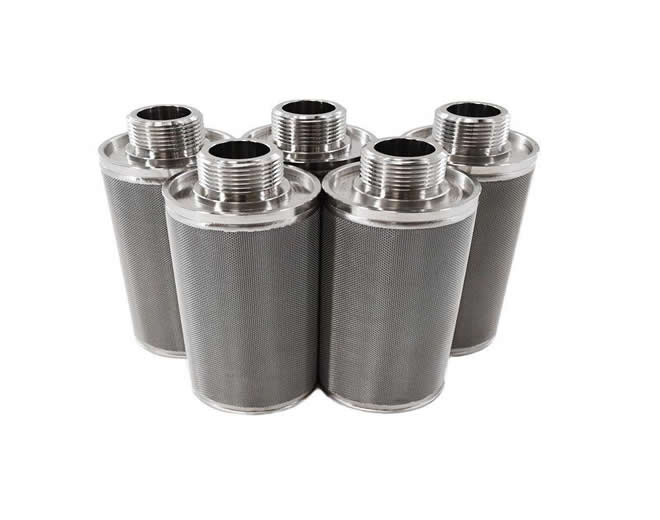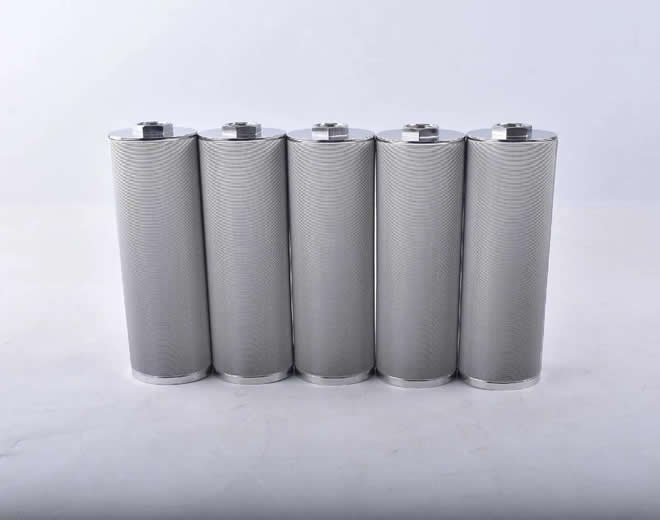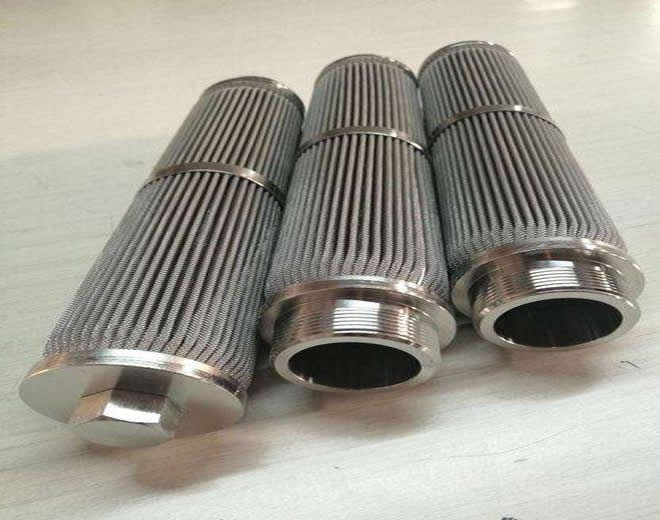Chemical filters, also known as chemical filtration systems, play a vital role in a wide range of industries where the removal of contaminants, purification of process fluids, and protection of equipment are essential for maintaining operational efficiency and product quality. These specialized filters are designed to selectively remove specific chemicals, impurities, and pollutants from liquid or gas streams, ensuring compliance with regulatory standards and meeting the requirements of various industrial processes. Let's explore their applications across different industries:
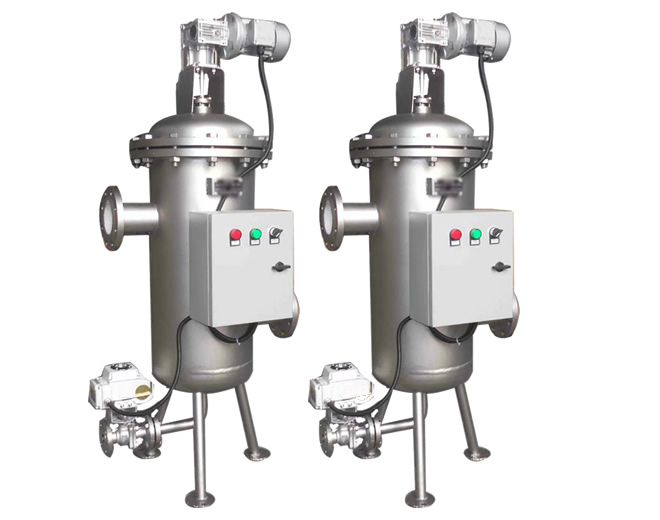
1. Water Treatment: Chemical filters are extensively used in municipal water treatment plants and industrial facilities for the removal of contaminants such as chlorine, heavy metals, organic compounds, and microbial pathogens from water sources. These filters employ activated carbon, ion exchange resins, and other media to effectively adsorb or neutralize harmful substances, ensuring the production of safe, clean drinking water and process water for industrial applications.
2. Semiconductor Manufacturing: In the semiconductor industry, chemical filters are critical components of ultra-pure water (UPW) systems used in semiconductor fabrication processes. They remove trace contaminants, particulates, and dissolved ions from process chemicals, rinsing solutions, and UPW streams to prevent wafer defects, improve yields, and ensure the reliability of semiconductor devices. Chemical filters help maintain the strict cleanliness requirements of cleanroom environments and semiconductor manufacturing facilities.
3. Pharmaceutical Production: Chemical filters play a crucial role in pharmaceutical manufacturing processes, particularly in the production of pharmaceutical-grade water, solvents, and process fluids. These filters remove impurities, bacteria, endotoxins, and particulates from pharmaceutical ingredients and formulations, ensuring the safety, purity, and efficacy of pharmaceutical products. Chemical filtration systems are essential for meeting regulatory standards and complying with Good Manufacturing Practices (GMP) in the pharmaceutical industry.
4. Chemical Processing: In chemical processing plants, chemical filters are utilized for the purification of process streams, removal of contaminants, and protection of sensitive equipment such as pumps, valves, and reactors. These filters are employed in applications such as solvent recovery, product purification, and catalyst protection, where the presence of impurities or by-products can adversely affect product quality and process efficiency. Chemical filtration systems help maintain the integrity of chemical products and optimize production processes in the chemical industry.
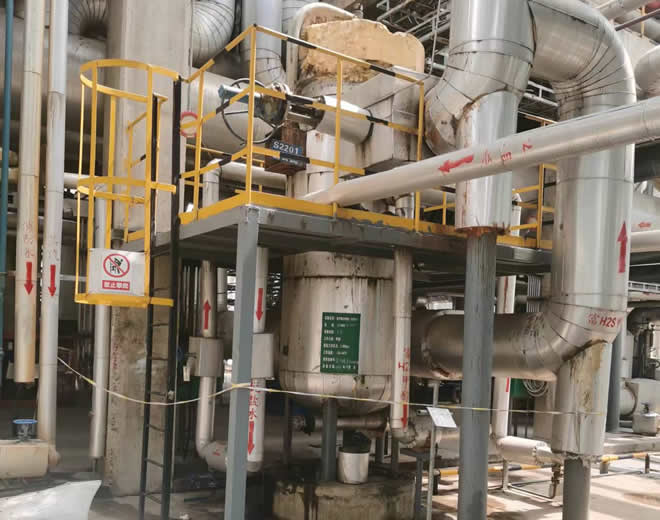
5. Automotive Manufacturing: Chemical filters find applications in automotive manufacturing processes for the treatment of process fluids, including coolant fluids, degreasing solutions, and paint coatings. They remove contaminants, oil residues, and metal fines from process fluids to ensure the quality of surface finishes, prevent equipment corrosion, and extend the lifespan of manufacturing equipment. Chemical filtration systems contribute to the production of high-quality automotive components and assemblies with stringent performance and durability requirements.
6. Food and Beverage Industry: In the food and beverage industry, chemical filters are employed for the purification of process water, ingredients, and product formulations to meet food safety standards and quality specifications. These filters remove chlorine, odors, flavors, and contaminants from water sources, ensuring the consistency, taste, and safety of food and beverage products. Chemical filtration systems play a crucial role in maintaining product quality, enhancing shelf life, and complying with regulatory requirements in food processing facilities.
In summary, chemical filters are versatile filtration solutions with diverse applications across various industries, including water treatment, semiconductor manufacturing, pharmaceutical production, chemical processing, automotive manufacturing, and the food and beverage industry. Their ability to remove specific chemicals, impurities, and pollutants from liquid or gas streams is essential for ensuring product quality, process efficiency, and regulatory compliance in industrial operations.


